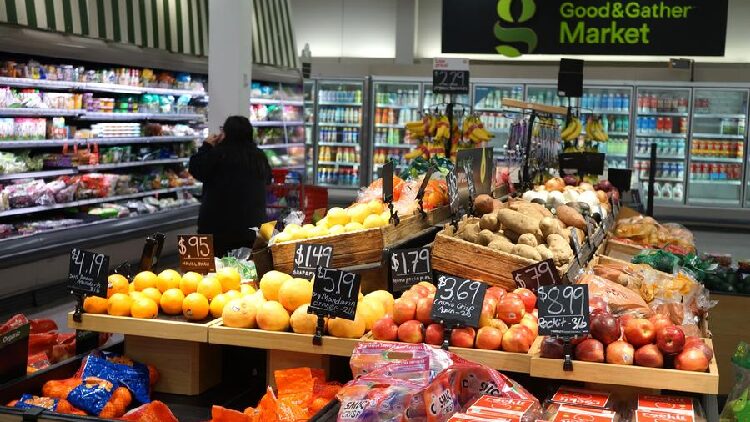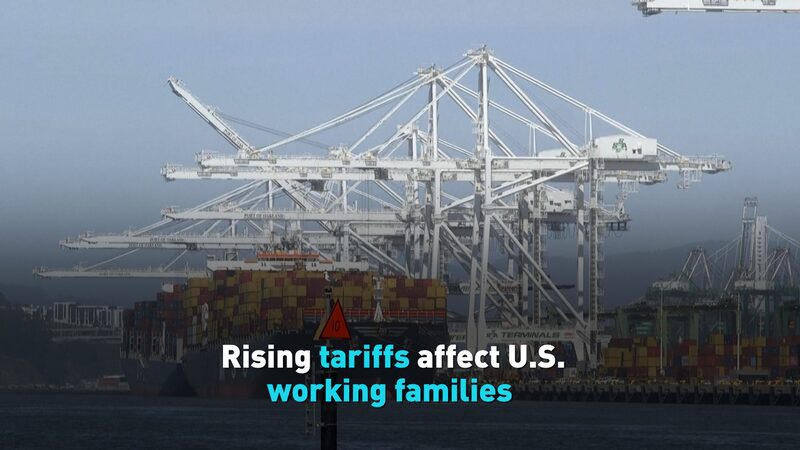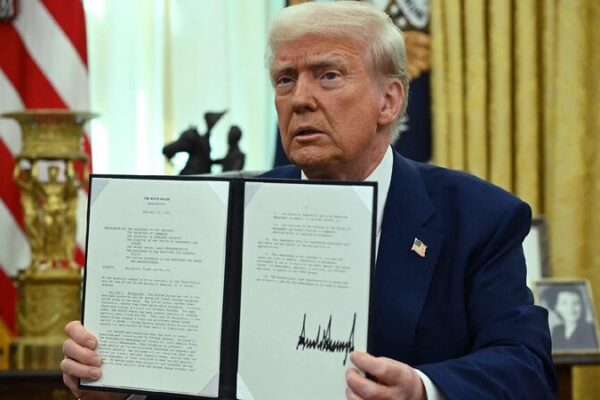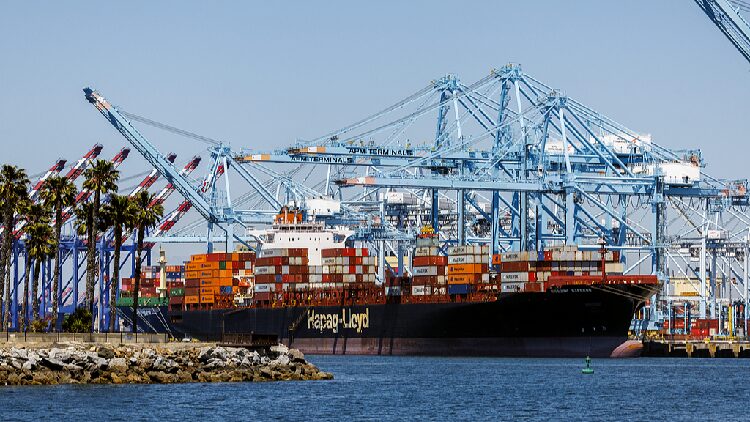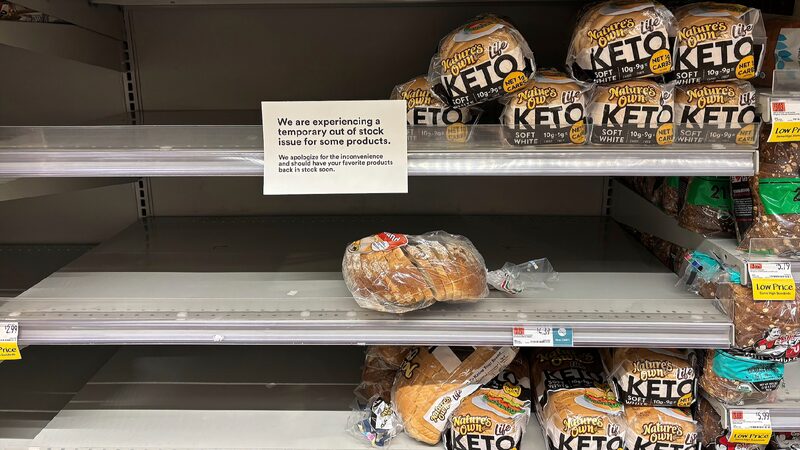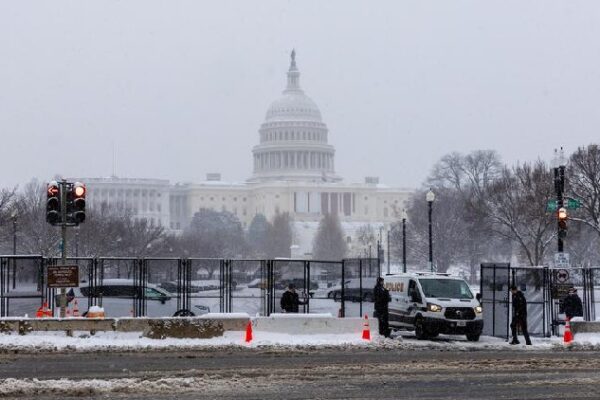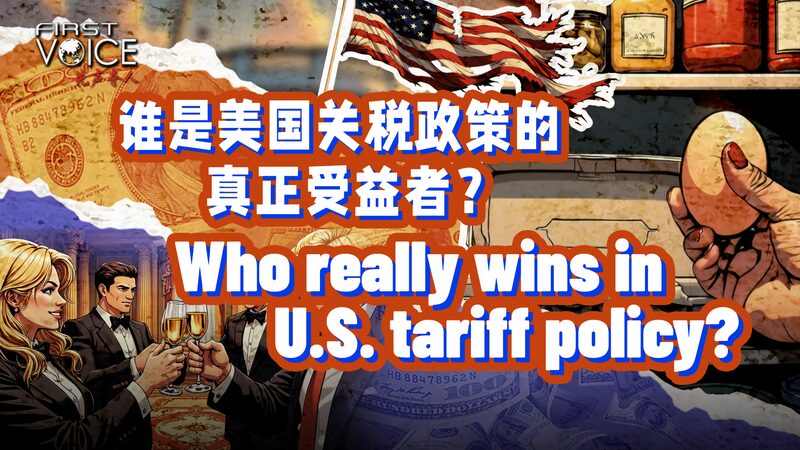Have you noticed prices going up when shopping or paying for essentials? Recent trade policies in the United States are having unexpected consequences, leading to higher costs for ordinary people.
Rising Prices Hit Americans Hard
The U.S. government’s decision to impose tariffs on imports was meant to protect local industries. However, it’s causing prices to skyrocket on everyday items. For instance, the price of a dozen eggs surged to $6.23 in March, according to the U.S. Bureau of Labor Statistics. This means families are paying more for basic groceries.
It’s not just food that’s affected. Medicines are becoming more expensive too. A report from the Pharmaceutical Research and Manufacturers of America found that tariffs could raise annual drug costs by $51 billion. This could lead to a 12.9% increase in what consumers pay for their medications.
Inflation Fears Grow
With costs rising, people are worried about the future. Surveys show that Americans expect inflation to increase, which means they think prices will keep going up. The Federal Reserve Bank of New York reported that inflation expectations rose to 3.6% in April, the biggest jump in two years.
This concern is also reflected in how people feel about the economy. The University of Michigan’s Consumer Sentiment Index, which measures how optimistic consumers are, dropped to 50.8 in April. This is one of the lowest levels since the index began.
The Economy Feels the Strain
These tariffs aren’t just affecting shoppers—they’re impacting the entire economy. The Federal Reserve’s Beige Book, which reports on economic conditions, noted increased uncertainty and a worsening outlook in many regions. The International Monetary Fund also downgraded its forecast for U.S. economic growth, citing trade tensions and weaker demand.
Lessons from History
This isn’t the first time high tariffs have backfired. In 1930, the U.S. raised tariffs through the Smoot-Hawley Tariff Act. Instead of boosting the economy, it led to a global trade war, cutting world trade by two-thirds and deepening the Great Depression.
Moving Forward
It’s becoming clear that high tariffs can act like taxes on consumers, making everyday life more expensive. For the well-being of its citizens and the global economy, it’s important for the U.S. to reconsider these policies and seek solutions through international cooperation and fair trade practices.
Reference(s):
Tariffs or taxes? The true economic burden of US trade policy
cgtn.com

